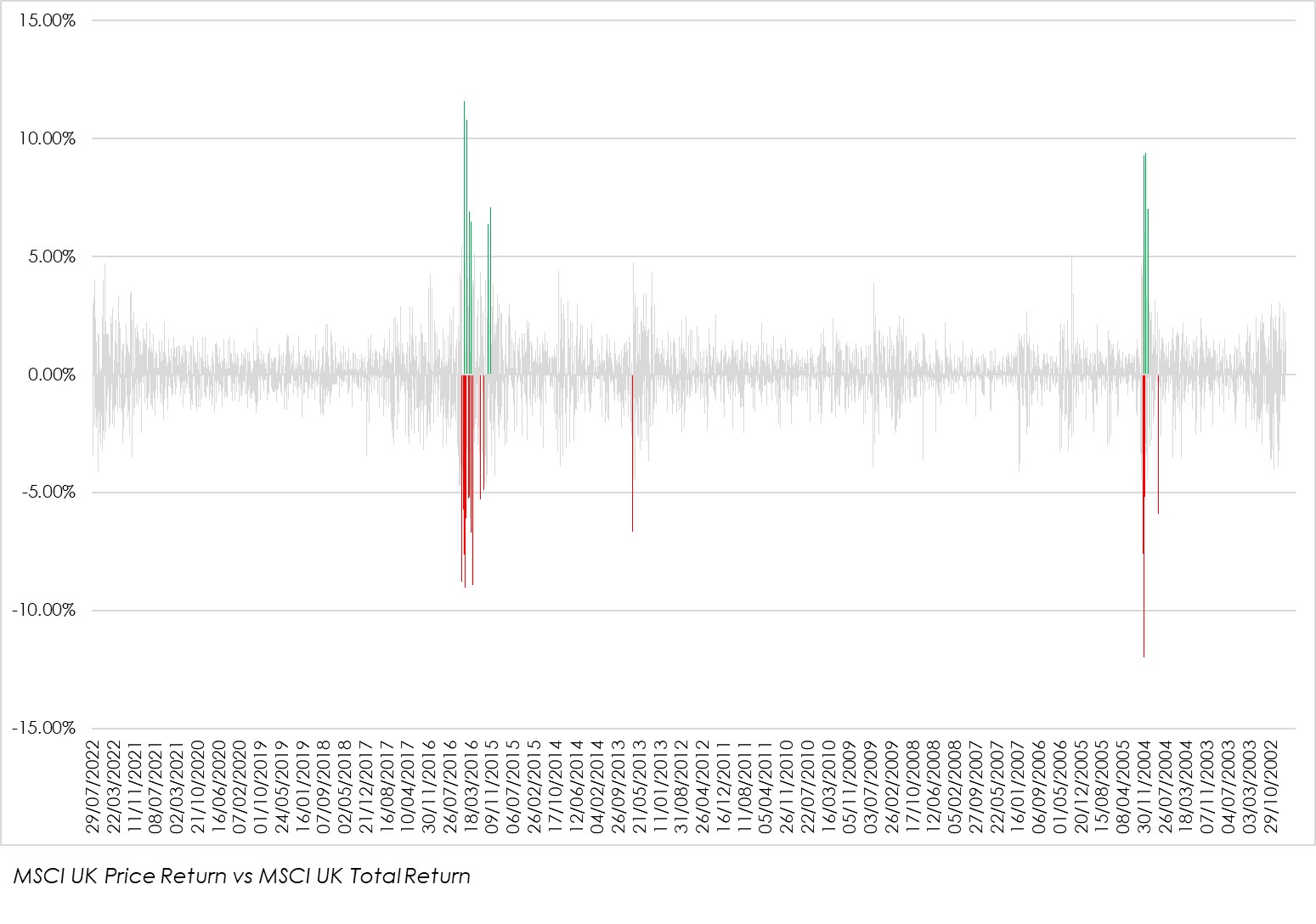Emotional Investing

Remove the emotion and you are more likely to make better financial decisions
Emotional investing could define your investment success. This is not an overstatement; emotional investing involves making decisions based on feelings rather than concrete facts.
With the current economic climate, the importance of emotional investing is more prevalent than ever. The Russia/Ukraine crisis has put pressure on oil and gas supplies and caused energy prices to rise. As a result, inflation has shot up and central banks have been forced to tighten monetary policy, pushing interest rates higher and higher. The current cost of living crisis has meant that markets have remained turbulent over a long period. As inflation soars and interest rates tick up, it is becoming more and more important to understand how market movements can affect your emotions and, in turn, your investment decisions.
Remaining calm when markets are volatile is tricky. But remember, when you take your money out of the market you are ‘crystalising’ the loss. Or in other words, you are freezing the value of that investment where it is. Keeping your money in the market gives the investment the opportunity to rise in value again and catch the market’s bounce back. As we have seen historically, the best days in the market often follow the worst days (See Figure 1).

Figure 1: S&P Best vs worst trading days (Source: TPO)
Please note: Past performance is not a guide to future returns.
The key to keeping your emotions in check whilst riding out the volatile periods is by staying focussed on your portfolio’s strategy and long-term goals.
One of the most prevalent emotional investing biases is loss aversion. This involves taking action to try avoiding a loss, or further losses. It is linked to the fact that we feel the pain of a loss twice as intensely as the joy of a gain.
Loss aversion - Fear can be a costly mistake
Loss aversion can have the most damage when markets fall. Let us look at March 2020 when the market fell due to COVID-19 -this was where the fear and panic kicked in and a lot of people sold their investments at a low point.
This is one of the most dangerous things you as an investor can do, as you are not only turning a temporary loss into a permanent loss, but you also miss out on the potential bounce back. Continuing our focus on March 2020, the MSIC World index hit lows of minus 25%. However, it quickly bounced back and went on to achieve an annual return of 12.32% in 2020.1 Fear can end up being a costly mistake if you leave the market at its lowest point.
There is also another aspect of loss aversion which involves holding on to a stock or funds for too long when the performance has dropped off. This is when there is clear information on why the stock or fund is underperforming but you choose to ignore it in the hope things will improve.
While these two aspects of loss aversion seem like opposites, they are both ultimately driven by emotion.
Emotion does not just dictate when we sell, but also when we buy. Buying when the market is surging can also be an expensive mistake and can lead to just as many negative consequences. The rise of social media outlets like TikTok and Instagram means investments such as Cryptocurrencies or other ‘quick rich schemes’ are constantly being endorsed on social media platforms. Because of this, everyone wants a slice of the action. However, this runs the risk of investing when the performance of the investment is at an all-time high.
It is also worth noting that when it comes to investments such as Cryptocurrencies, you must first assess whether they suit your risk, as many people invest without understanding the risk or regulation of such investments.
This does not just apply to Cryptocurrencies of course, this is merely an example. There are often shares and funds that people will invest heavily in because they are following the crowd or choose to invest in because they have a fear of missing out, or ‘FOMO’ as it is often referred to.
Acting on Fear of missing out (FOMO)
Acting on ‘FOMO’ is definitely not good practice in investing, you could be buying an overpriced fund or share. By the time you are invested in the fund, it could have already hit its highs, and you have not only missed the rewards, but you also may be subject to some loss.
There is no formula to beating emotional investing, it is about staying calm and understanding that sometimes markets fall, and sometimes if something is too good to be true, it probably is.
If you can support your investment decisions with rational arguments based on solid facts, you stand a better chance of reaching your financial goals.
Of course, when it comes to investing, you should also be thinking about putting your money away for the medium to long term and so should understand that sometimes there can be high volatility. Understanding your risk profile is the best chance to mitigate the chance of being in situations that result in emotional investing.
Assessing your attitude to risk, without emotion
Once you have moved away from the noise, you can start thinking about what risk truly means for you. This should come before any investment decisions are made, as understanding your attitude to risk allows you to weather any storms when investing.
Different people have different attitudes towards risk, and it is important you understand what your level is so that you can invest in the right funds to match your personal risk profile.
Some people see risk as something to avoid and mitigate at all costs. For others, it is an opportunity to find improved returns.
Your own attitude to risk is built from several different aspects
Risk, appetite & tolerance
How would the markets dropping overnight make you feel? This is a subjective aspect of risk and will help you to understand if you have the appetite for higher volatility.
Need or desire to take risks
Do you need to take the amount of risk, is there a certain rate of return you need for your goals? Do you have a desire to put your cash to work and try to achieve the best returns possible? Are you young with your savings goals way off in the distant future so you have plenty of time on your side?
Your capacity for loss
We have talked about how your investments reducing in value makes you feel, but how does it affect your standard of living? If you are relying on this money for income will dips in the market adversely affect you?
Knowledge and experience
Your knowledge and experience of financial services, products, and transactions, how have previous experiences made you feel, and what drove you to make the investment choices and decisions you have made in the past?
Objectives
You may have different objectives that require different approaches to risk. For example, building a pot for your child’s university fees or building a fund for a house purchase or your retirement.
Time
The longer you can invest your money for, the better. Investing for over ten years, for example, means you can potentially withstand volatility / accept higher risk. Investing for a shorter period or with a defined date of when you need to access the funds may require a different approach to investing.
Once you understand these aspects of risk and use them instead of allowing emotions to dictate your decisions, you will have a better chance of building a better investment fund.
Using Investment Champion
Taking advantage of a wealth of resources available at Investment Champion, you can arm yourself with what you need to know about investing in the right portfolios for your risk profile.
By using the expertise of our Investment Team, they can make many of the investment decisions for you, meaning you can avoid being caught out by the emotional investing trap.
References
1. MSCI indexes
- Terms & Conditions
- Privacy Policy
- Key Investor Information
- Complaints
- About us
- Our fees
- FAQs
- Contact us
- Sitemap
- The Private Office
- Savings Champion
As with all investing, your money is at risk. The value of your investments can go down as well as up and you could get back less than you put in. Read more information about risk here. The tax treatment of your investment will depend on your individual circumstances and may change in the future. You should seek financial advice if you are unsure about investing.
Investment Champion Online Limited is an Appointed Representative of The Private Office Limited, which is authorised and regulated by the FCA. Both companies are registered in England and Wales with a registered office at 2 The Bourse, Leeds LS1 5DE. Dealing and custody services are provided by Hubwise Securities Limited which is authorised and regulated by the Financial Conduct Authority FRN: 502619.
Copyright